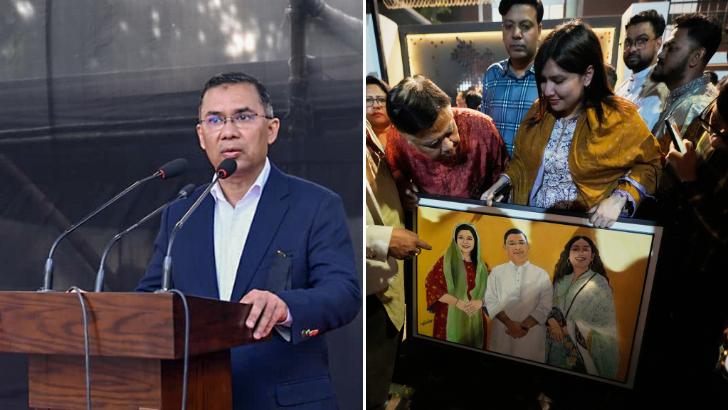Thailand, Cambodia trade accusations as deadly border clashes enter third day
Human Rights Watch urged the UN Security Council and concerned governments to press the Thai and Cambodian governments to abide by international humanitarian law and take all steps to protect civilians.
PTI
-
Border fighting between Thailand and Cambodia entered its third day (PTI)
Surin, 26 July
Thailand and Cambodia traded accusations Saturday of fresh attacks as
deadly border clashes entered a third day, leaving at least 33 people dead and
more than 168,000 displaced, as international pressure mounted on both sides to
reach a ceasefire.
Artillery fire and gunshots were reported near several border villages,
expanding the area of the fighting that flared again Thursday after a land mine
explosion along the border wounded five Thai soldiers. Cambodian and Thai
officials claimed to have acted in retaliation.
Both countries recalled their ambassadors and Thailand closed its
northeastern border crossings with Cambodia.
Cambodian authorities reported on Saturday 12 new deaths, bringing its
toll to 32, while Thai officials said a soldier was killed, raising the deaths
to 20, mostly civilians.
The regional bloc, the Association of Southeast Asian Nations, or ASEAN,
is under growing pressure to defuse the situation between its two members.
During an emergency meeting on Friday, members of the UN Security Council
called for de-escalation and urged ASEAN to mediate a peaceful solution.
The 800-kilometer (500-mile) frontier between Thailand and Cambodia has
been disputed for decades, but past confrontations have been limited and brief.
The current tensions broke out in May when a Cambodian soldier was killed in a
confrontation that created a diplomatic rift and roiled Thailand's domestic
politics.
Fresh attacks and rising
tension
Cambodia's Defense Ministry condemned what it said was an expanded Thai
offensive early Saturday after five heavy artillery shells were fired into
multiple locations in the province of Pursat, calling the attack an
"unprovoked and premeditated act of aggression.”
Ministry spokesperson, Lt Gen Maly Socheata, said tensions flared in the
province of Koh Kong, where four Thai naval vessels were reportedly stationed
offshore and four others en route. She said the naval deployment was an “act of
aggression” that risked further escalation.
The Thai army had denied targeting Cambodian civilian sites and accused
Phnom Penh of using “human shields” by positioning their weapons near
residential areas.
Meanwhile, Thailand's navy, in a statement Saturday, accused Cambodian
forces of initiating a new attack in the province of Trat, saying Thai forces
responded swiftly and “successfully pushed back the Cambodian incursion at
three key points”, warning that “aggression will not be tolerated.”
The conflict has so far
left thousands displaced.
Cambodia's Information Minister Neth Pheaktra said Saturday the clasheshad forced 10,865 Cambodian families, or 37,635 people, in three border
provinces to evacuate to safe locations, while Thai officials said more than
131,000 people had fled their border villages.
Call to protect civilians
amid claim of cluster bomb use
Human Rights Watch urged the UN Security Council and concerned
governments to press the Thai and Cambodian governments to abide by
international humanitarian law and take all steps to protect civilians.
Children have been harmed and Thai authorities have closed at least 852 schools
and seven hospitals for safety reasons, the rights group said in a statement
Saturday.
Both sides have employed rocket and artillery attacks, and after
initially denying Cambodian claims that internationally prohibited cluster
munitions were being used, a Thai military spokesperson in a statement Friday
said that such weapons could be utilised “when necessary” to target military
objectives. HRW condemned the use of cluster munitions in populated areas.
Neither Thailand nor Cambodia is party to the Convention on Cluster
Munitions, which bans the use of the weapon and Thai authorities had previously
used them during a border dispute with Cambodia in February 2011 that left 20
people dead.
“Neither Thailand nor Cambodia appears to be paying attention to
international humanitarian law at great expense to civilians,” John Sifton,
Asia advocacy director at Human Rights Watch, said in a statement. “Diplomatic
efforts underway need to prioritise protecting civilians and civilian
infrastructure.”
UN urges ASEAN bloc to
mediate
The UN Security Council didn't issue a resolution on the crisis during
its Friday emergency session, but Thai Foreign Minister Maris Sangiampongsa
said Saturday all 15 member countries called on both sides to exercise
restraint, halt attacks, and resolve the dispute peacefully. They also
supported ASEAN's role in mediating between its two member states, he said.
Leave a Reply
Your email address will not be published. Required fields are marked *








.jpg)

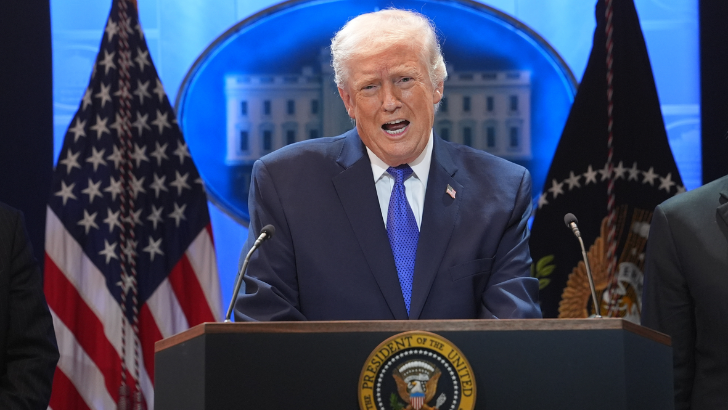
.png)
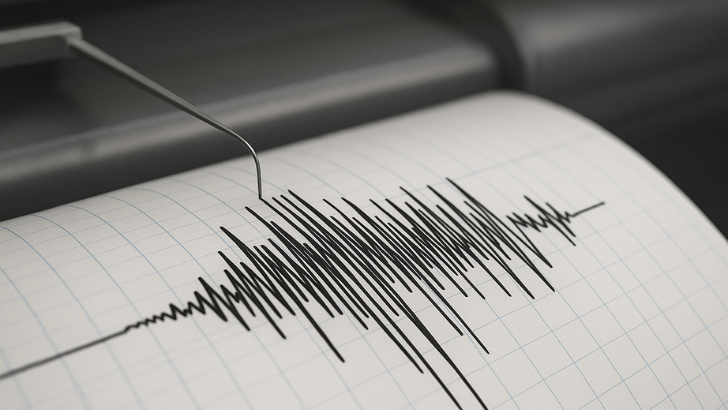
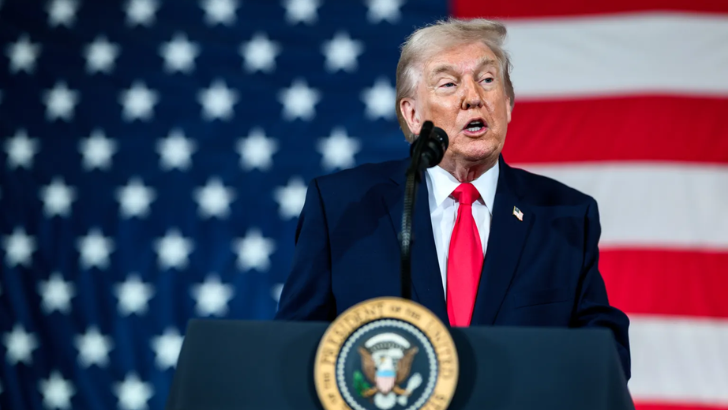
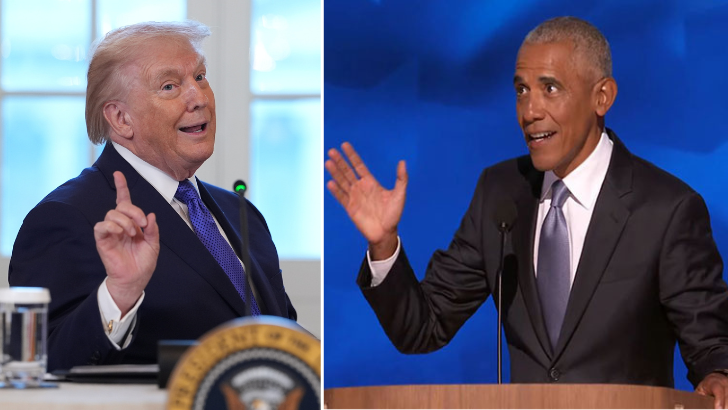
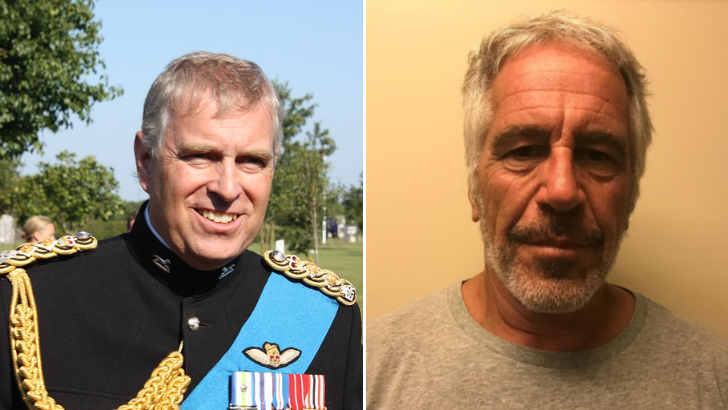
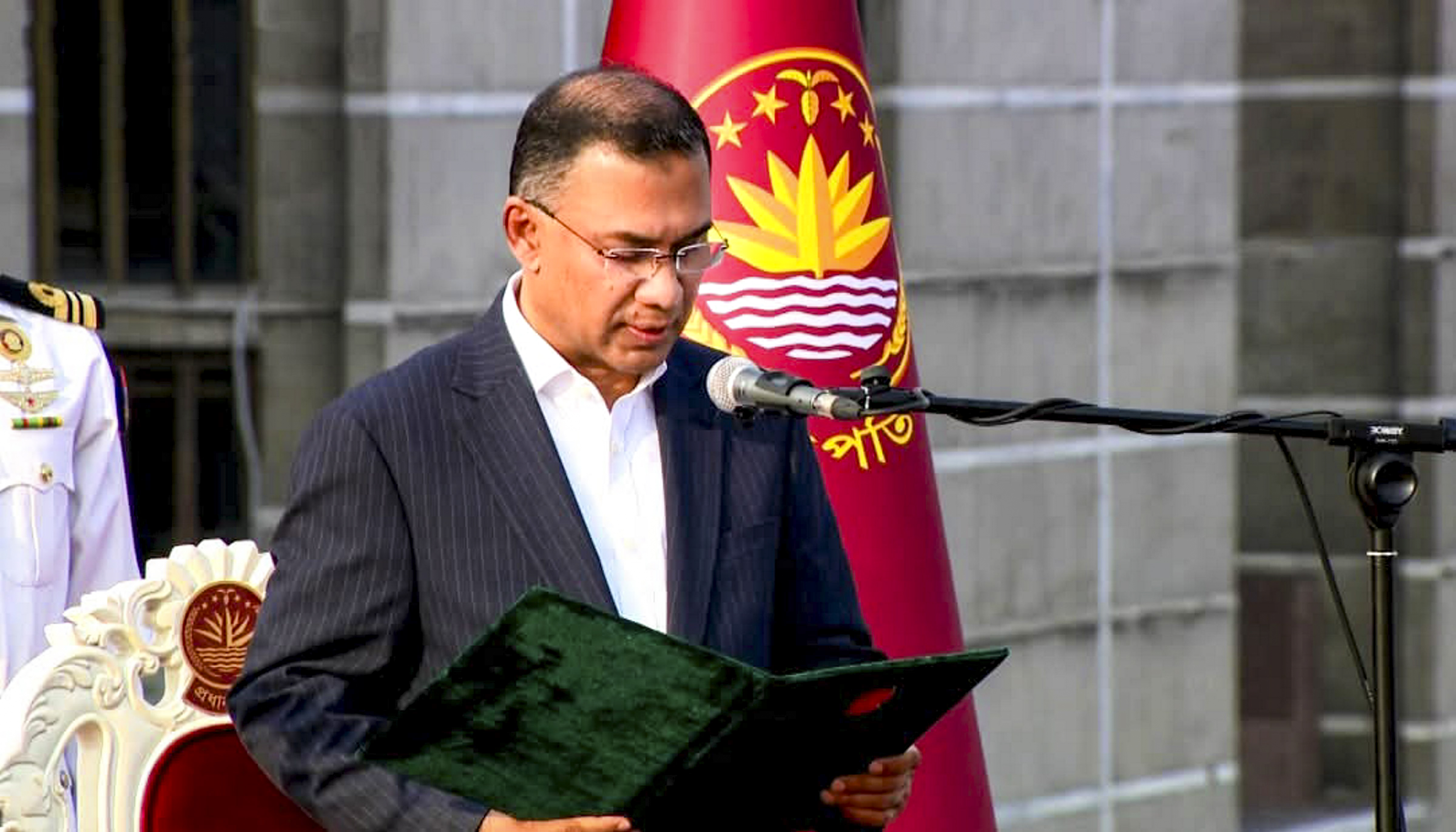
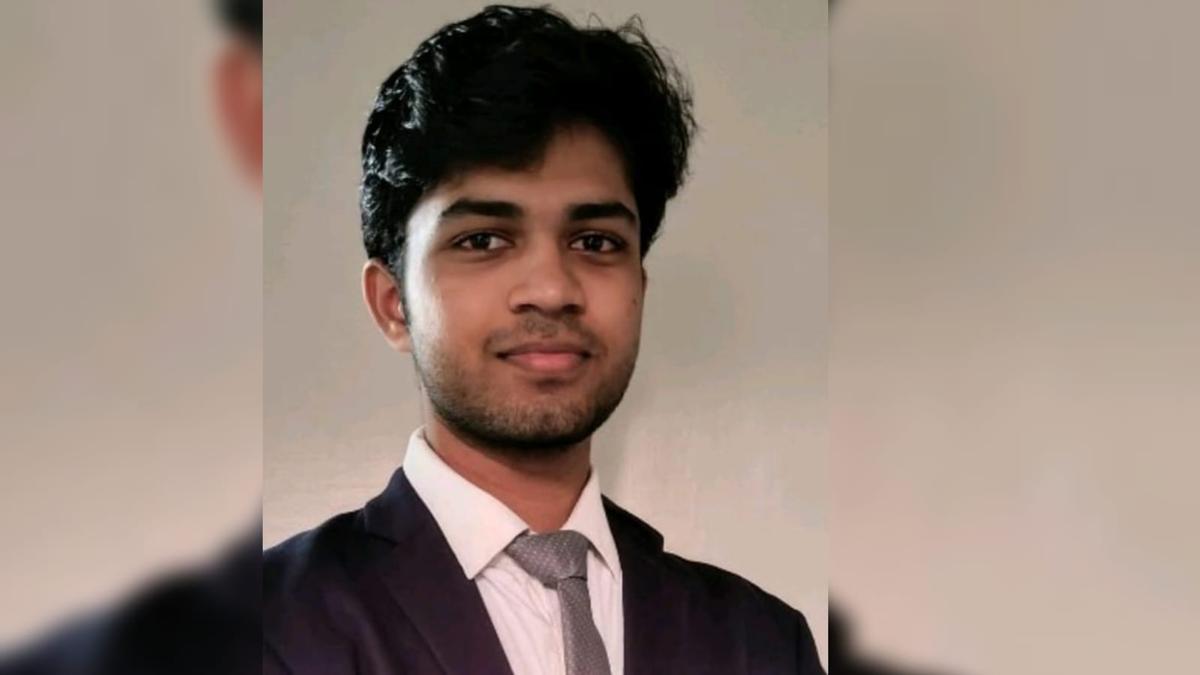
.png)
